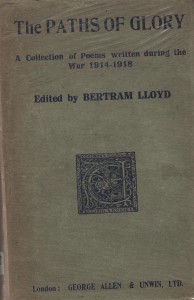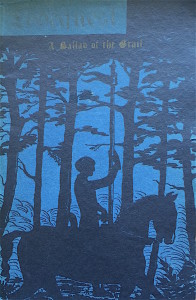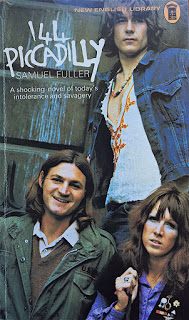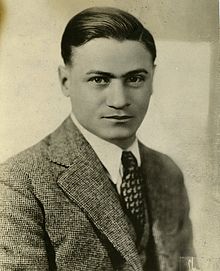 Few American publishers can boast that they have printed 300 hundred million books. Emanuel Haldeman-Julius (1889 – 1951), however, was one who could. An atheist and socialist who believed that the average American had a right to own a library of enlightening, useful and entertaining texts for a few cents a volume, Haldeman-Julius established the Little Blue Book series in the 1920s. Pocket-sized and ranging in subject matter from ancient culture and classic literature to self-help books and handbooks on making your own candy, the Little Blue Books sold in their millions each year, figured in the early education of such American writers as Saul Bellow and Studs Terkel, and anticipated in some respects the very popular ‘Dummies’ of today, though they were very much cheaper.
Few American publishers can boast that they have printed 300 hundred million books. Emanuel Haldeman-Julius (1889 – 1951), however, was one who could. An atheist and socialist who believed that the average American had a right to own a library of enlightening, useful and entertaining texts for a few cents a volume, Haldeman-Julius established the Little Blue Book series in the 1920s. Pocket-sized and ranging in subject matter from ancient culture and classic literature to self-help books and handbooks on making your own candy, the Little Blue Books sold in their millions each year, figured in the early education of such American writers as Saul Bellow and Studs Terkel, and anticipated in some respects the very popular ‘Dummies’ of today, though they were very much cheaper.
Rejecting the idea that a sensational cover would sell a book, Haldeman-Julius believed that it was the book’s title that did the trick. One journalist writing in John O’London’s Weekly dated December 8th 1928 described the publisher’s practice of re-branding books thus:
‘He…has found that those ‘pull ‘ best which suggest either sex, self-improvement, or attacks on respectability and religion….Whenever one of his reprints fails to sell 10,000 copies in a year he sends it to his ‘hospital’ , where it is someone’s job to discover the reason why . The text is analysed. If it is found wanting in sex, self-improvement or attacks etc., it is dropped. If the title is deficient in pep it is scrapped and another put in its place.

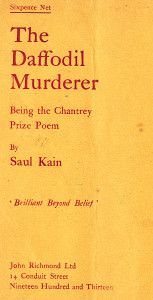 Found – a rather battered copy of Siegfried Sassoon’s early book The Daffodil Murderer (1913) published under the pseudonym ‘Saul Kain.’ In decent condition it has auction records like this from Bloomsbury Book Auctions in April 2009:
Found – a rather battered copy of Siegfried Sassoon’s early book The Daffodil Murderer (1913) published under the pseudonym ‘Saul Kain.’ In decent condition it has auction records like this from Bloomsbury Book Auctions in April 2009: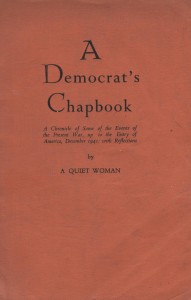
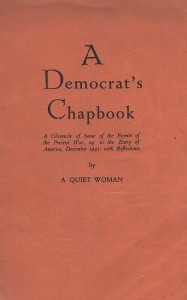 The identity of the ‘ quiet woman‘ who wrote A Democrat’s Chapbook (1942), a hundred page long commentary in free verse on the events of the Second World War up to the time when America joined the Allied forces, was only revealed when Anne Powell included two passages from it in her anthology of female war poetry, Shadows of War (1999 ). However, those who had read her volume of Georgian verse entitled Songs from the Sussex Downs ( 1915), a copy of which was found in the collection of Wilfred Owen, might have recognised the style as that of ‘Peggy Whitehouse’, whose Mary By the Sea also appeared under this name in 1946. All three books were the work of Mrs Frances Mundy –Castle (1875 – 1959).
The identity of the ‘ quiet woman‘ who wrote A Democrat’s Chapbook (1942), a hundred page long commentary in free verse on the events of the Second World War up to the time when America joined the Allied forces, was only revealed when Anne Powell included two passages from it in her anthology of female war poetry, Shadows of War (1999 ). However, those who had read her volume of Georgian verse entitled Songs from the Sussex Downs ( 1915), a copy of which was found in the collection of Wilfred Owen, might have recognised the style as that of ‘Peggy Whitehouse’, whose Mary By the Sea also appeared under this name in 1946. All three books were the work of Mrs Frances Mundy –Castle (1875 – 1959).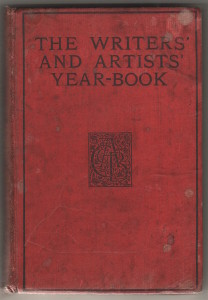
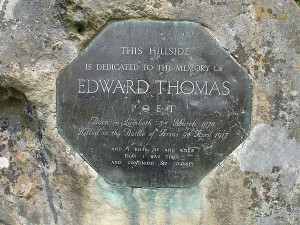
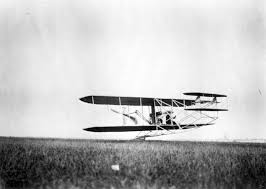
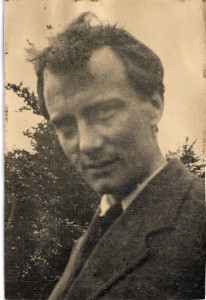 Found among the papers of Joan Stevens (1933-2015) the feminist bookseller and expert on the Powys Brothers and Edward Thomas this piece, apparently unpublished, by
Found among the papers of Joan Stevens (1933-2015) the feminist bookseller and expert on the Powys Brothers and Edward Thomas this piece, apparently unpublished, by 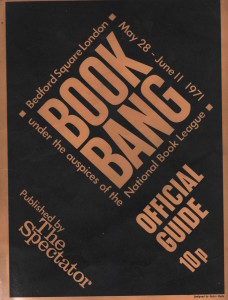
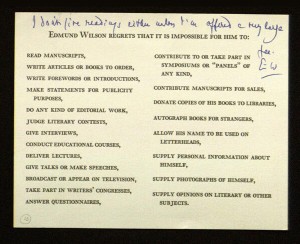 This was sent by
This was sent by 